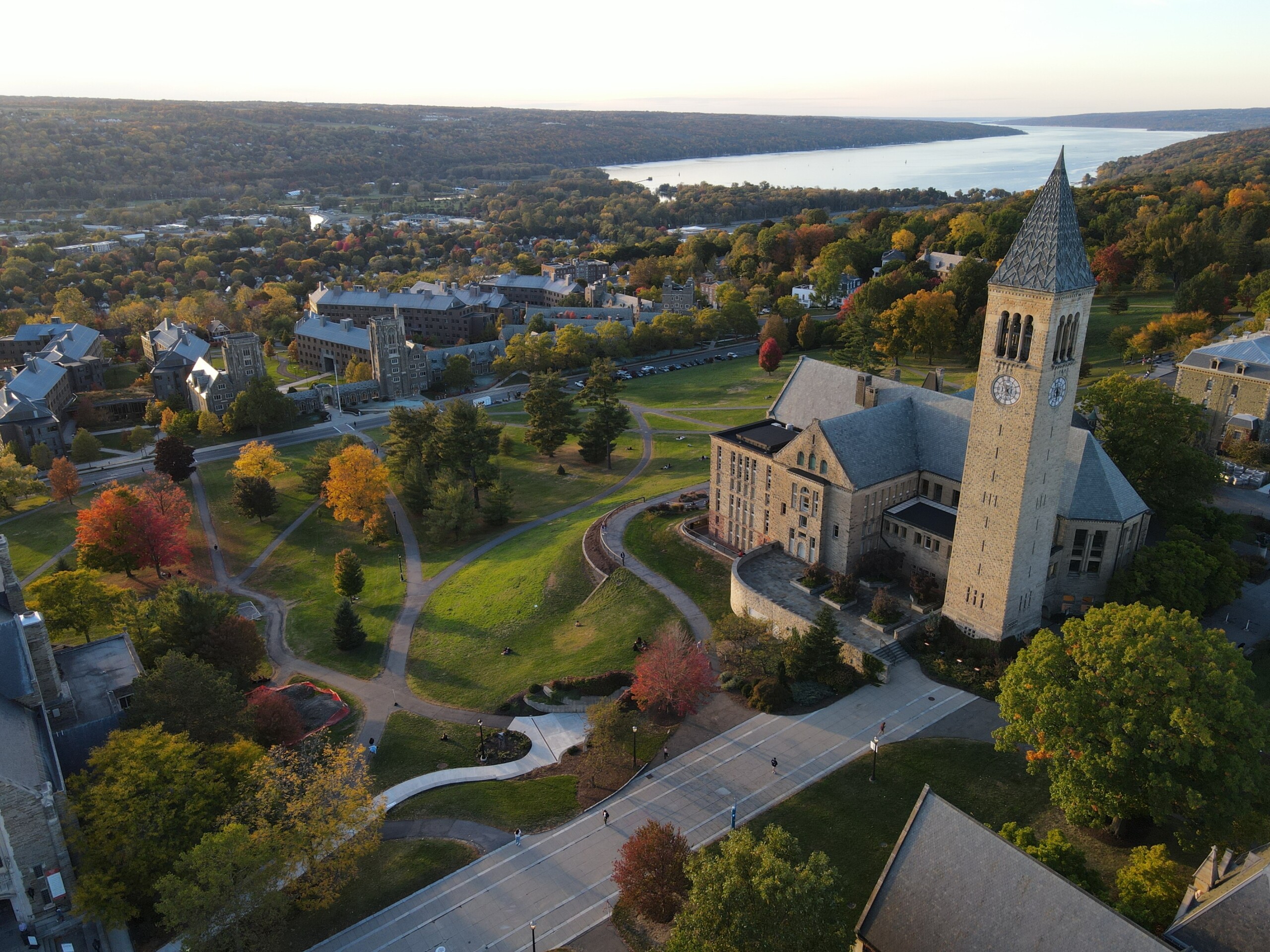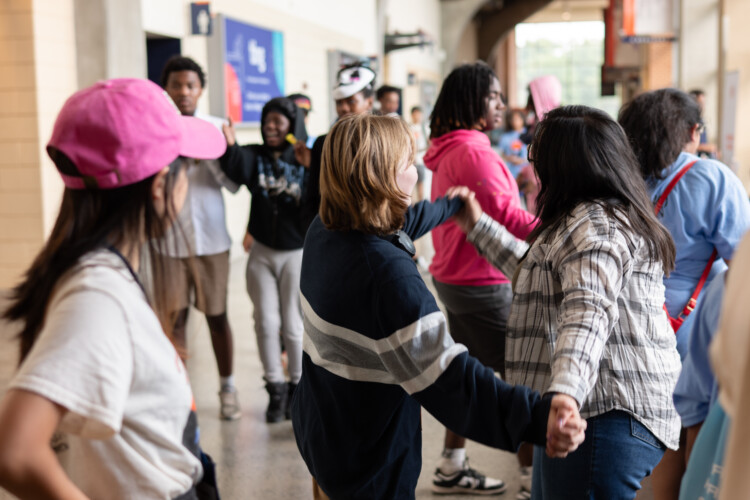We’re pleased to announce seven finalists for the 2025 Institutional Challenge Grant competition.
The Institutional Challenge Grant supports universities in building long-term research-practice partnerships with public agencies or nonprofit organizations to reduce inequality in youth outcomes. The partnerships work together to conduct collaborative research, improve the capacity of researchers to produce relevant research, and enhance the capacity of the agency and nonprofit partners to use research evidence to improve youth outcomes. Finally, the universities shift policies and practices to value and incentivize collaborative research. The selected institutions will receive $650,000 over three years, with the opportunity to apply for a two-year continuation grant to solidify the partnership and institutional changes.
The seven finalist pairs, each of which comprises a university and a nonprofit organization or public agency, will be interviewed by the Selection Committee later this month. The Foundation’s Board of Trustees will approve awards for the winning partnerships in March 2025. Up to four winning partnerships may be selected, thanks to possible co-funders that may include the Bezos Family Foundation, the Doris Duke Foundation, and the Spencer Foundation.
“We received an extraordinary set of proposals this year examining ways to reduce inequality among young people and advance community-engaged research in higher education,” said Senior Program Officer Jenny Irons. “This year’s finalists include partnerships that aim to address youth firearm violence; promote post-secondary readiness for Latinx students; reduce absenteeism among kindergarteners; strengthen a diversion program to reduce ethnoracial inequalities in the criminal legal system; tackle racial and economic disparities in students’ math outcomes; improve the educational outcomes of transition-age youth in foster care; and inform educational policies for students with disabilities and multilingual learners.”
2025 Institutional Challenge Grant Finalists
Improving Outcomes for English Learners and Students with Disabilities in Indiana
Marcus Winters, Boston University
Rebecca Estes, Assistant Secretary for Educator Talent, Indiana Department of Education
Improving Postsecondary Educational Outcomes for Transition-Age Youth in Foster Care
Deborah Ehrenthal, Pennsylvania State University
Laval S. Miller-Wilson, Deputy Secretary, Office of Children, Youth, and Families
Northwest Education Research Partnership: Reducing Inequality in Youth Outcomes
Dara Shifrer, Portland State University
Schay Esparza, Assistant Director, Data & Evaluation, Clackamas Educational Service District
Promoting Innovative and Vital Opportunities for Transformation (PIVOT): A Prosecutor-Led Community Based Diversion Program for Youth and Young Adults To Reduce Ethnoracial Inequality
Jennifer Perillo, University of New Mexico
Jennifer Padgett Macias, Managing Chief Deputy District Attorney, State of New Mexico First Judicial District Attorney’s Office
Missing School? Promoting Equity in Early School Attendance in Baltimore City Public Schools
Marcia Davis, Johns Hopkins University
Crystal Francis, Director of Policy, Early Education, Baltimore City Public Schools
Navegando Juntes: Creating Innovative Models for Community-engaged Research and More Equitable Postsecondary Readiness
Nelson Flores, University of Pennsylvania
Holly K. Link,Director of Educational Programming and Research, Centro de Cultura, Arte, Trabajo y Educación (CCATE)
New Orleans Youth Equity Collaborative: As Research Practice Partnership to Reduce Youth Firearm Violence
Julia Fleckman, Tulane University
Troi Bechet, Founder and CEO Center for Restorative Approaches, and Lerone Crayton, Executive Director of Student Discipline Behavior Support, NOLA-Public Schools







